A new report breaks down issues from Apple Intelligence to tariffs, and says the problems are insurmountable. Why the report ignores the solutions Apple has always used effectively, we have no idea.
Apple most certainly faces problems with Trump's tariffs and how they change at whim-speed, it definitely has foes including the European Commission, and at least some unhappy developers. A new report from Bloomberg the company is currently facing ten major issues, and that there are no clear steps the company can take to address them.
We're not going to delve into them too far, as we've already covered them ad infinitum. So has mainstream media, social networks, and that old lady that hangs out near that coffee shop down the street from you. What we will do, though, is give you a bullet list of what the report details.
- Apple is behind on Artificial Intelligence
- There is no Next Big Thing
- Apple Vision Pro is too expensive
- Google Search deal may end
- App Store changes and developer relations
- Global regulations and governmental scrutiny
- Tariffs and having to reshore manufacturing
- Tim Cook and most executives are at retirement age
- China sales are down
- iPhone users are not upgrading as quickly
The numbering is Bloomberg's and there is no apparent reasoning behind the sequence. The ten can also be grouped into products, legal, and operational issues.
None of these are new, and almost all of them have existed for years and years. Apple remains not doomed.
Apple's product problems are evergreen
The report stresses that iPhone sales are down in China, and that even in the US, there hasn't been the expected rush to upgrade to new models. The iPhone 16 range has not sparked a super-cycle, even if some users claim they only upgraded to get Apple Intelligence.
This is all true, and right now there is no instant solution. But there's instant, and there's waiting three months — even Bloomberg acknowledges that the next iPhone launch could change this.
Similarly, the next Apple Vision Pro could help. There have been assorted rumors about a lower cost version to attract new buyers, and more Apple Glass spectacles-like headsets to combat Meta's products.
Either or both could be true, and either or both would presumably help boost sales. What's also true, though, is that either or both will take time — and that's where Apple has a strength few other firms do.
Apple's not so secret weapon
Apple can afford to wait out anything and anyone. It is consistently looking to the long game, and normally that plays out in the same way every time.
It starts with Apple being accused of being late to some technology, then Apple comes along and upends the whole industry. It continues with Apple being accused of charging too much for its products, but it keeps on doing that and so far people keep buying.
Apple will bring out a lower cost Apple Vision Pro and it will perhaps produce a range of different models. Then equally, while it is frustrating that Siri is currently worsening, you know Apple will get it and Apple Intelligence working.
Once it has, other AI firms will copy it, and pundits will move on to claiming Apple is behind on something else.
It's easy to see that Apple has the money to out wait its rivals, but the reason it got that money is that it has always done exactly this. While rivals announce early, Apple — usually — does not.
Instead of throwing technology at the wall and hoping enough buyers figure out a use for it, Apple looks at that use case first. It designs products and services to meet a need it believes it has identified.
Most of the time, so far, Apple has been right. But like always, like it was under Steve Jobs and like it is now under Tim Cook, there will be more missteps, and there will be other firms who get it right faster than Apple.
But right now, Apple is taking these knocks for what it hasn't released yet, and despite some questions over its handling of Apple Intelligence, it's as ever looking beyond the immediate future.
Tim Cook's successor
It's not as if Apple only looks to the future with its plans for the iPhone. The report's point that CEO Tim Cook will be 65 this year — his birthday is November 1 — is of course correct. So is the point that several of the senior executives are nearing retirement age, although some like Craig Federighi are only around 56.
In all likelihood, Apple has already chosen Tim Cook's successor, given that the guy said that he wanted one more major project launch before he retired. There isn't a possibility that the entire succession operation for him and any other senior staff has not only been planned, but is currently underway.
While that should be expected of any corporation and really any business, in this case it is another example of how Apple does things rather talking about them. Right back when Steve Jobs was ill, Apple was being lambasted for not having a succession plan — and of course it did.
 William Gallagher
William Gallagher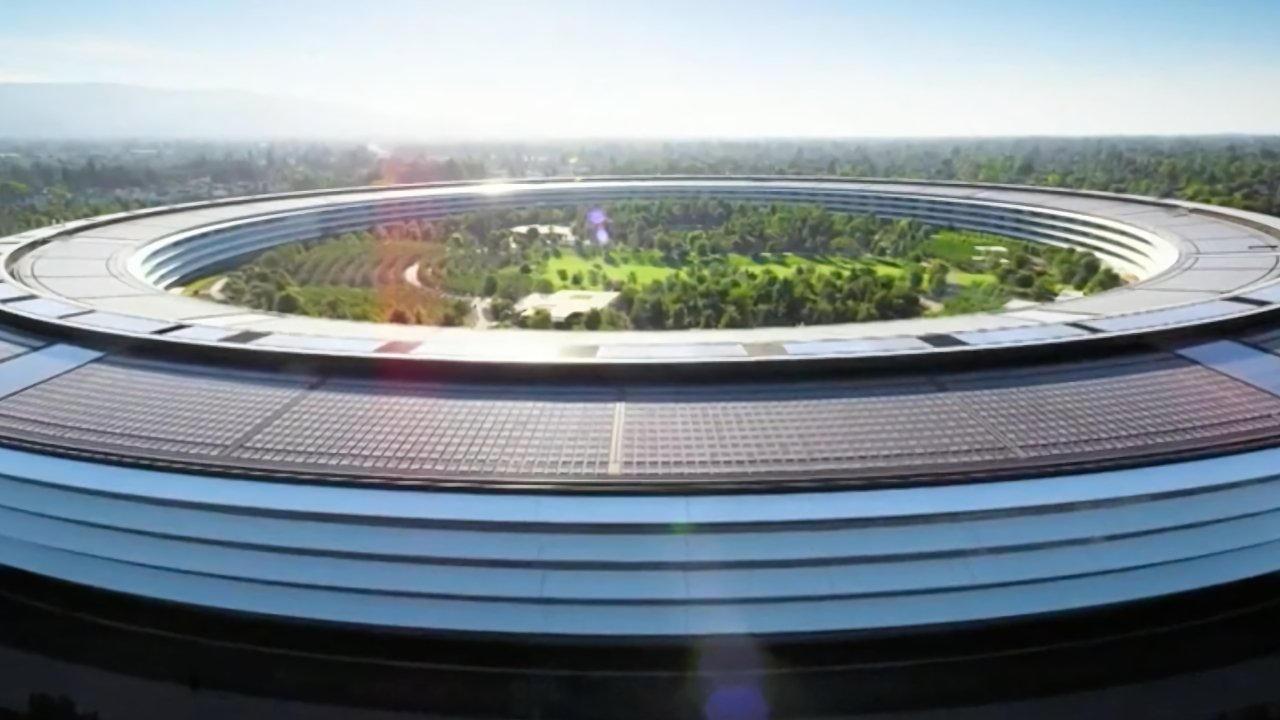
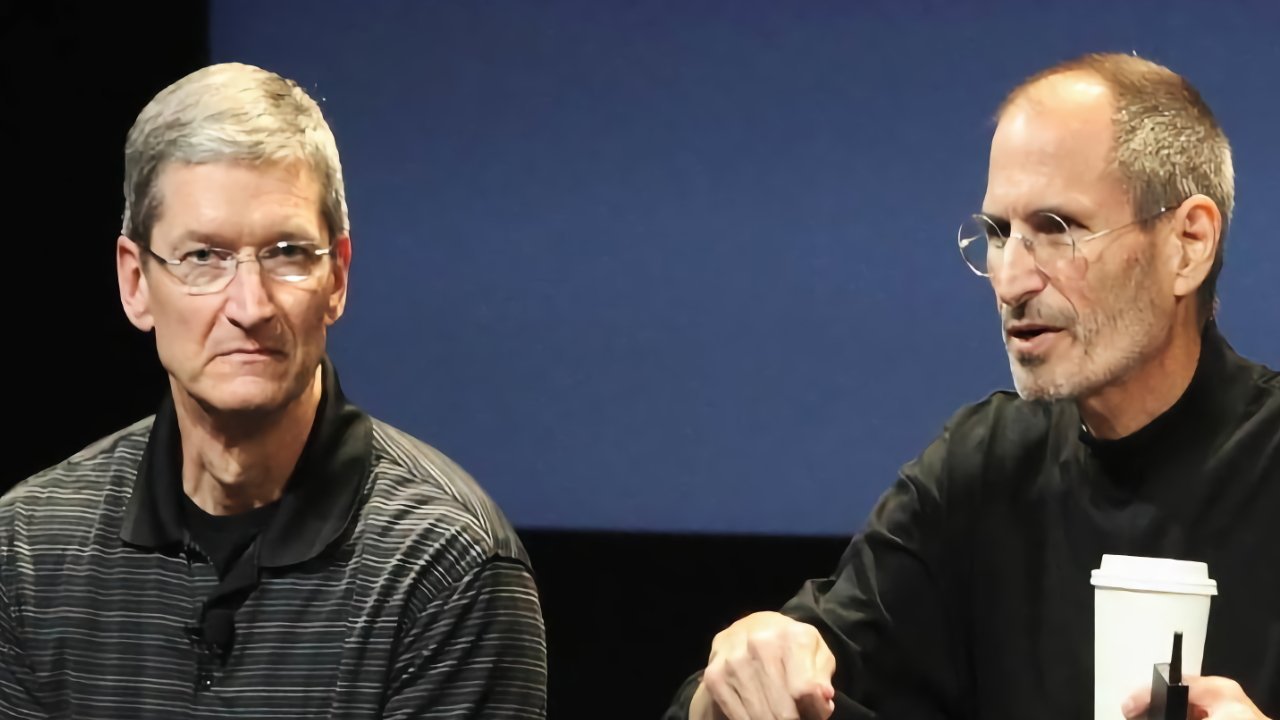
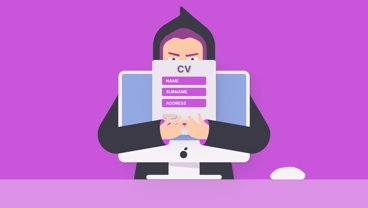

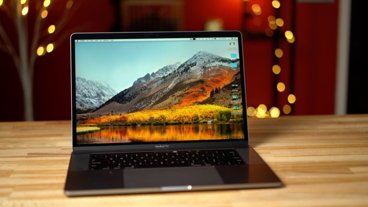
-m.jpg)

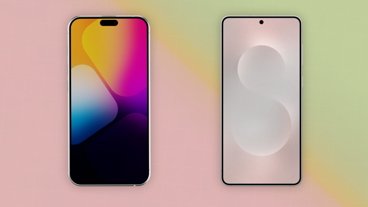

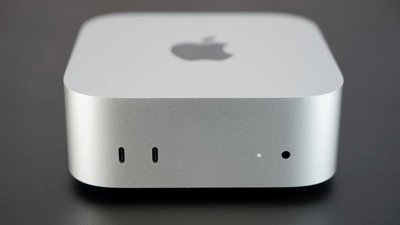
 Charles Martin
Charles Martin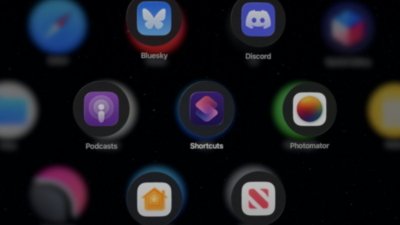
 Wesley Hilliard
Wesley Hilliard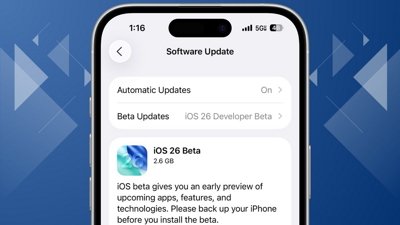
 Andrew Orr
Andrew Orr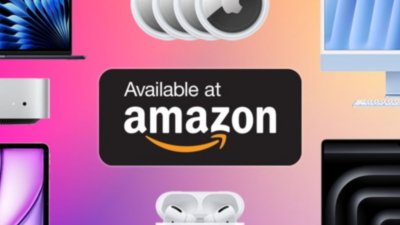
 Christine McKee
Christine McKee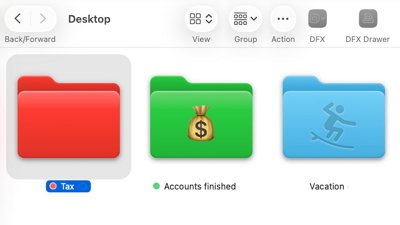
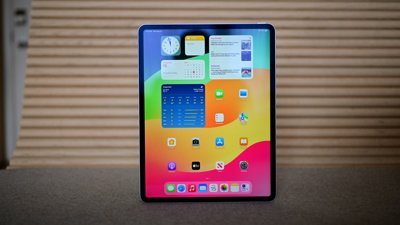
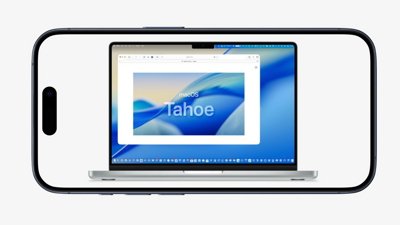

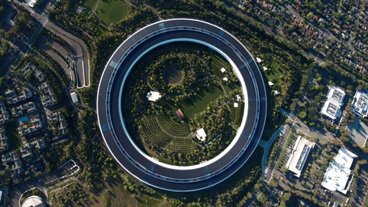
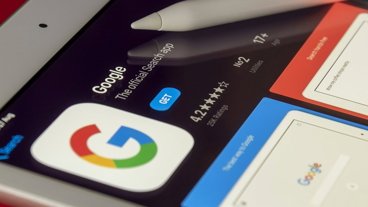
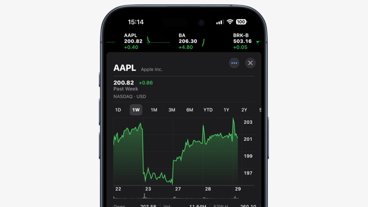
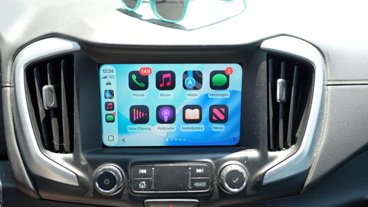


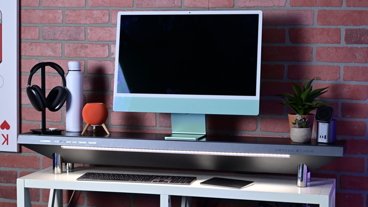



6 Comments
Apple has always primarily been a hardware/device company. Its software capabilities have always been secondary to its hardware capabilities. Siri is a classic example of their inability to architect truly exceptional software. AI is a similar shortcoming. They are rarely market leaders with application software. They do ok with operating systems, but their product announcements are typically focused on hardware, less so the software.
Last year, Gurman was saying John Ternus is the CEO-in-waiting if Cook retires 3 to 5 years from now. Jeff Willams if Cook retires now. Both guys are surely hoping Cook continues to end of 2028. ;)
If the USA passes a law that only American manufactured products can be sold in the USA, they will have Foxconn build the plants and raise prices accordingly. Everyone is in the same boat and nobody has an advantage.
In the markets that Apple serves nothing is ever static. Technology changes, business climates change, customer preferences change, leadership changes, the order of who’s setting the standards changes, and so on and so forth. The only thing that is certain is that change will always occur. Apple isn’t digging coal out of mines or drilling for oil within vast reserves.
Sbutler is correct.
Even Steve himself thought of Apple as primarily a software company. Apple has always followed Alan Kay's mantra "People who are serious about software should make their own hardware."
Apple is a software-first company whose software and services run best of their proprietary hardware. Let's not forget that Apple used to charge for the operating system itself (retail box and upgrades) as well as the iWork suite (today the word processing, spreadsheet and presentation software is included with the system).
Apple's software focus is plainly evident in Apple's philosophy of simplicity and integration. Remember that the underlying hardware is nearly the same as what's in a PC or competitor's smartphone (CPU, graphics processor, memory, storage, communication chips, audio/video, display, networking, etc.). The differentiation comes from the software.
This was plainly evident on Monday at this year's WWDC where *ZERO* hardware products were announced. All of the focus was on software.